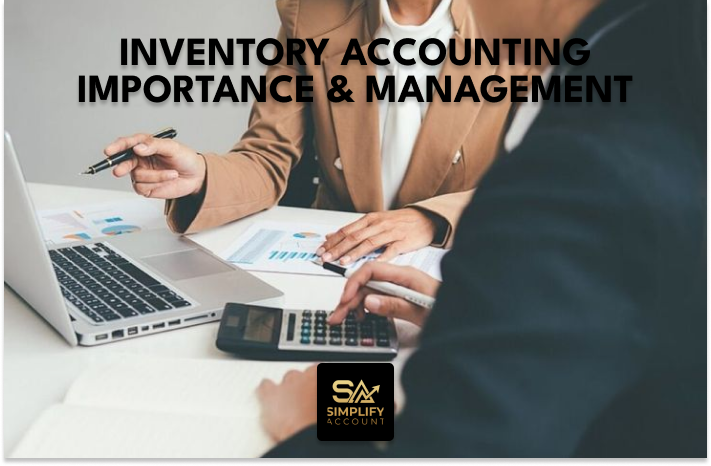Inventory management lies at the heart of every successful business operation, acting as the pulse that keeps the enterprise alive and thriving. In this guide, we delve deep into the world of inventory accounting, uncovering its significance, methods, and benefits that drive businesses towards optimal efficiency and profitability.

Understanding Inventory Accounting
At its core, it encapsulates the systematic tracking and valuation of a company’s inventory, encompassing goods ranging from raw materials to finished products awaiting sale. This meticulous process is governed by principles such as the Generally Accepted Accounting Principles (GAAP) in the United States, ensuring accuracy and reliability in financial reporting.
Why Inventory Accounting Matters
The significance of inventory accounting cannot be overstated. It serves as the cornerstone for assessing a company’s financial health, preventing misrepresentations that could skew valuation and distort decision-making. By maintaining precise inventory records, businesses gain insights into their asset values, paving the way for informed strategies that drive growth and sustainability.
Advantages of Inventory Accounting
The principal advantage to inventory accounting is that it leads to a more precise and authoritative representation of a business’s financial picture. However, there are some additional perks to accurately noting item value through production.
Exploring Inventory Types and Methods
We explore different inventory types like cycle and work-in-process (WIP), each vital in production and distribution. We also discuss methods like FIFO, LIFO, Specific Identification, and Weighted Average Cost, each impacting financial reporting and tax obligations.
Choosing the Right Path
Choosing the right method is crucial, impacting financial accuracy and tax obligations. Thus expert advice and advanced software can simplify the process, aligning with business goals and regulations.
Empowering Your Business
In conclusion, Inventory accounting is crucial for financial management, guiding businesses towards operational excellence and growth. Embracing best practices and technology unlocks the full potential of inventory assets for prosperity in the marketplace.
Discover more about Accounting.
Q&A Section
Q1: How does inventory accounting impact a company’s valuation?
It ensures accurate valuation, guarding against misrepresentations that could distort a company’s perceived worth.
Q2: What are the benefits of using inventory accounting?
It offers insights into financial health, identifies profit optimization opportunities, and drives informed decision-making.
Q3: How can businesses improve their inventory accounting?
Lastly by accurately tracking the movement, value, and cost, and leveraging expert guidance, businesses can elevate their inventory accounting practices to new heights.
Read our Guide to Personal Finance for Australians is a comprehensive guide to managing your finances in Australia.


